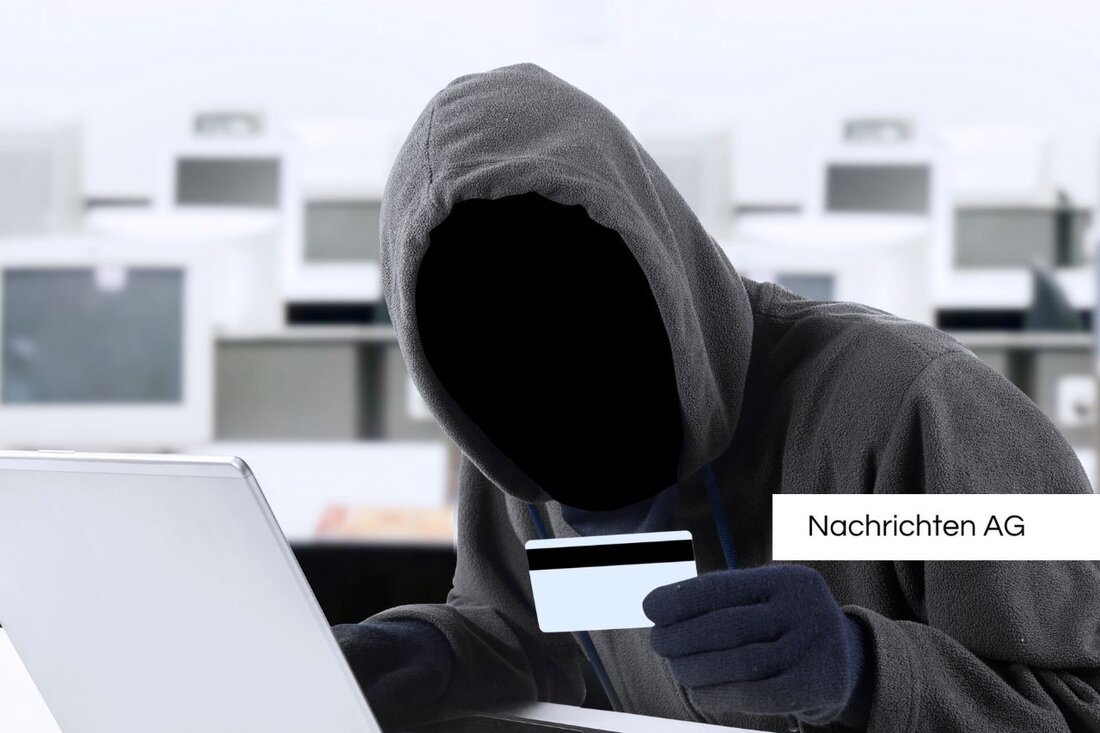Caution! Fake email promises Medicare kit – fraudsters at work!
Beware: Fake emails from BIPA and Blue Cross Blue Shield warn of fraudulent Medicare kits. Learn how to protect yourself.

Caution! Fake email promises Medicare kit – fraudsters at work!
A fraudulent email is currently causing a stir among users: under the subject "CONGRATULATIONS! REQUEST YOUR MEDICARE KIT TODAY" it claims that the message comes from BIPA. According to a report by 5-Minutes, an eagle-eyed reader became aware of this scam and warned others after receiving the dangerous email. This message is designed to trick recipients into revealing personal information by presenting them with a tempting offer to win.
The email touts the combo package as a win for travelers and promises a free Medicare kit. However, anyone who clicks on the link in the message could fall into the trap of cybercriminals who want to access personal information. Recipients are urged to delete such emails immediately and under no circumstances to enter any personal information or follow links. The Blue Cross Blue Shield Medicare Kit email scam, which ibisik reported on, also shows similar signs: Here, fraudsters try to obtain sensitive information with false survey requests.
Warning of further fraud attempts
As ibisik's reporting makes clear, such phishing attacks are widespread. The emails appear to come from legitimate companies and promise tempting offers to trick recipients into disclosing sensitive information. The fraudulent links often lead to fake surveys that not only ask for personal information, but could also impose hidden costs on users. Experts recommend always being skeptical of unexpected emails and checking links carefully before clicking on them.
The signs of a scam are often minor: spelling errors, generic salutations, and urgent language can be indicators that an email is not coming from a familiar sender. In both cases, be it the fake BIPA email or the Blue Cross Blue Shield scams, recipients need to be vigilant and should immediately delete any message that appears suspicious. The warnings are clear: protect your personal information by paying attention to the source and, if in doubt, check with the company directly.

 Suche
Suche
 Mein Konto
Mein Konto
